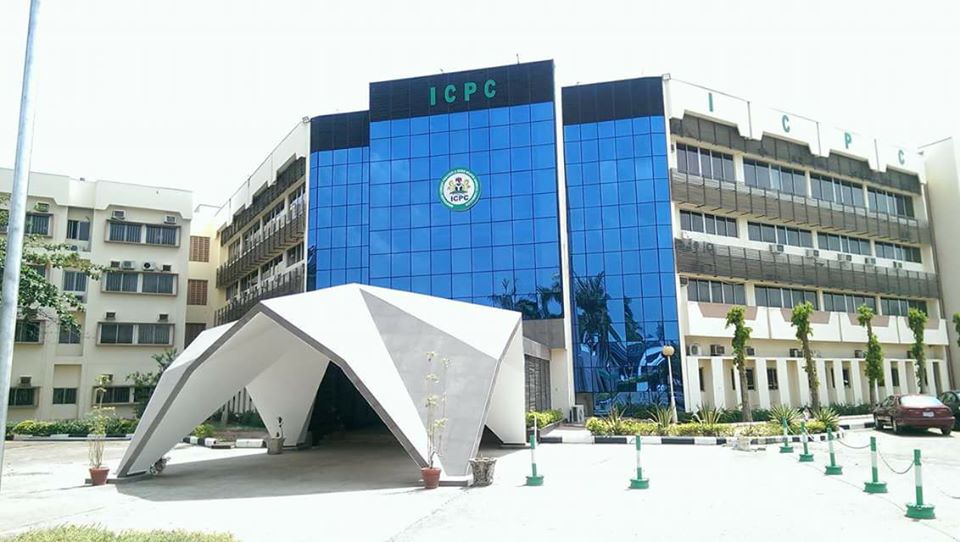State of public service
As a political scientist, one of the first things I noticed is that a lot of what we practiced in government lacked theoretical basis; they are more like common sense. A whole lot of these were conceived properly in the First Republic because the colonial administrative system taught the first generation, brought them up in the knowledge of people; what the parameters are and what you can call the theoretical and value foundation for these institutions. But even the institutions are mutated; they have changed over time. But what you have is that we still carry on, based largely on experience, what we pass on rarely rigorously deconstructing some of these institutions to reflect changes. And these are factors that are rarely constraining the effectiveness of some of these institutions.
It is only in Nigeria that you can smuggle yourself into the civil service because you think the job is routine whereas if you confront a Prime Minister in England, he will ask you a few questions like which school did you attend. There are values. There are strong issues that define institutions. Look at our institutions; University of Ghana in Legon is like the UI (University of Ibadan) of the old. But what made our institutions to derail and become prodigal is because there was so much money. We had money because oil was the first to be discovered because it was defining global trend. All the multinationals came and quickly exploited it. But immediately the money was coming, we forgot gold, columbite and other mineral resources. Even bitumen is more than oil but we ignored it.
So what we want to do in the Ibadan School for Government and Public Policy is to offer policy research and advise to services while at the same time creating sustained platforms for innovative problems solving to executive education. What do we mean by these? We would not be doing the regular courses like strategic planning, project management that is not our own focus. What we want to do is look at critical challenges. Why can’t the Lagos/Ibadan expressway be constructed? Infrastructure finances, because we are still thinking financing, through budget and because we are thinking of PPP in a contrite manner. We want to look at very challenging issues. We want to bring together practitioners who have experience of good practice like those in the diaspora and that is why we are having an international advisory board.
The second thing we want to do is that for every year, the conference will help us to shape the kind of issues that we are going to be concerned with in that year. So, we would have been able to assemble the core of experts. For example, maybe next year we are looking at human capital development, the whole issue will look at education, skills and all these artisan issues. We would shape it but we will make it such that it is multi-disciplinary. So any issue that we have taken would be an entry point to interpreting the entire system.
This year we are looking broadly at the working of government; the factors of the institutional parameters. We recognise that government is pursuing the agenda of change and we want to help them understand that beyond the economics, there are some super structural issues; critical institutional issue that must be looked at otherwise there will be no change. And we want to use that as our take-off point to engage and the economy would have to be tackled first.
Then we will focus on assets management ways and productivity in addressing infrastructure. Nigeria is legendary for lacking maintenance culture, for spending without accounting for it. We want to address the whole issues of productivity; the whole issue of waste management. After looking at infrastructure, we will now look at education, health and human capital. We are looking at taxation and all others. The last thing I want to mention as concerned what the school will be doing is to raise the bar of discourse towards advancing the Nigeria’s course.
Government’s approach to corruption
You see my own concept of corruption is that all these arrests are a way of making yourself popular. It should be done but the question is have you defined the goal? Corruption is a systemic issue arising from weakness of institution. When you manipulate the leakages in an institution for self-advantage, the result is what we have now. For example, for 15 years the cabal that were thriving on pension payroll never allowed computerisation for almost two decades because they knew that once some biometrics and introduction of technology were put in place, that illicit business would die. And so they don’t allow the right kind of people to be sent there. So for me, the starting point in fighting corruption is knowledge. And that is why we want to stand out. If we want to make money from this kind of school then we must be ready to simply help government. What most people in government want are who can help them to project a good image. They don’t want somebody that will help them to interpret their reality for the public to appreciate.
We need to fully mobilse the people with a lot of information and knowledge, and this will help the public, to shape the way the people compromise themselves in the name of election. There is poverty but how many leaders have done sufficient scientific analysis of where we are, the steps we have to take before we can get out of poverty. But people must know that you cannot overcome corruption without first of all addressing the basics. So for me, the way to tackle corruption is while you are doing all these razzmatazz, you must be tackling the roots of corruption. You must begin to get institutions to work.

